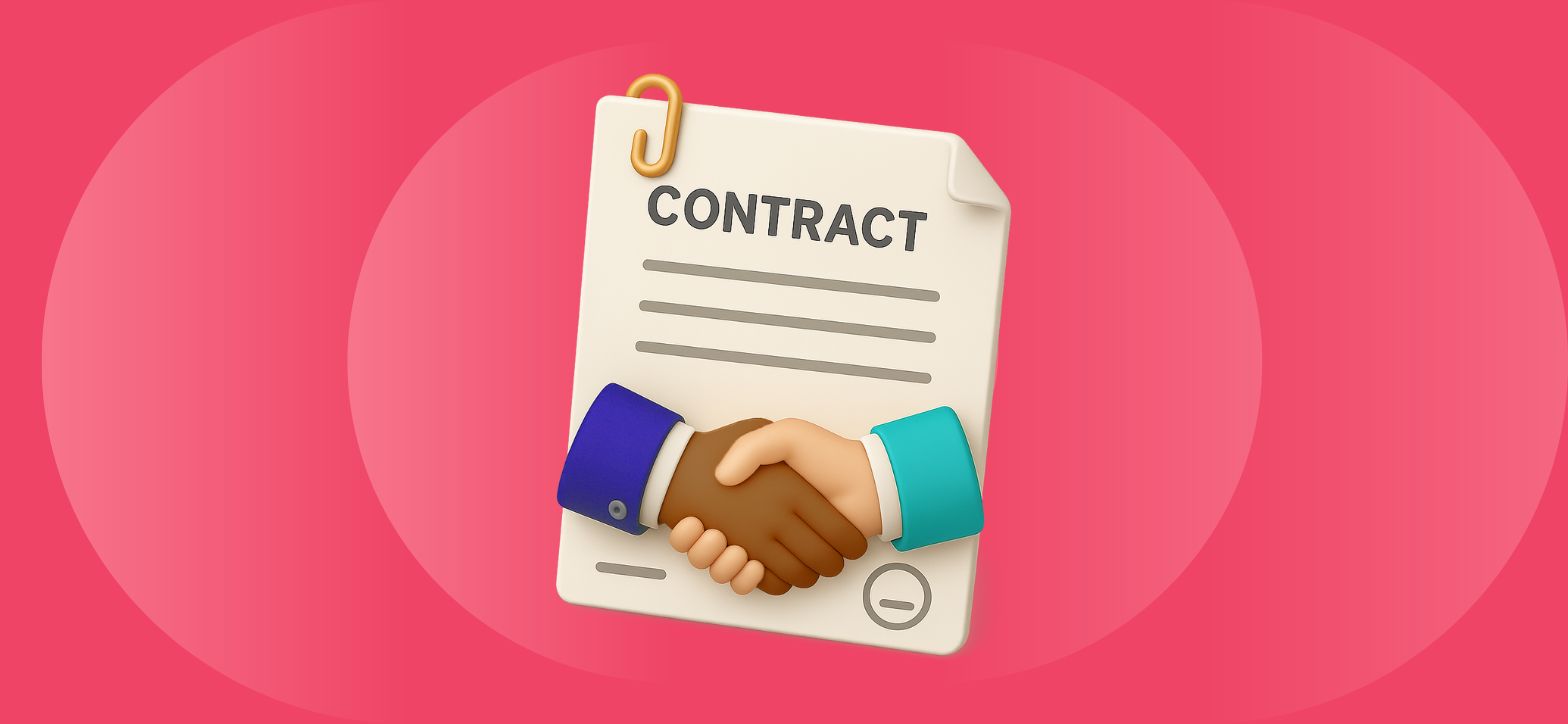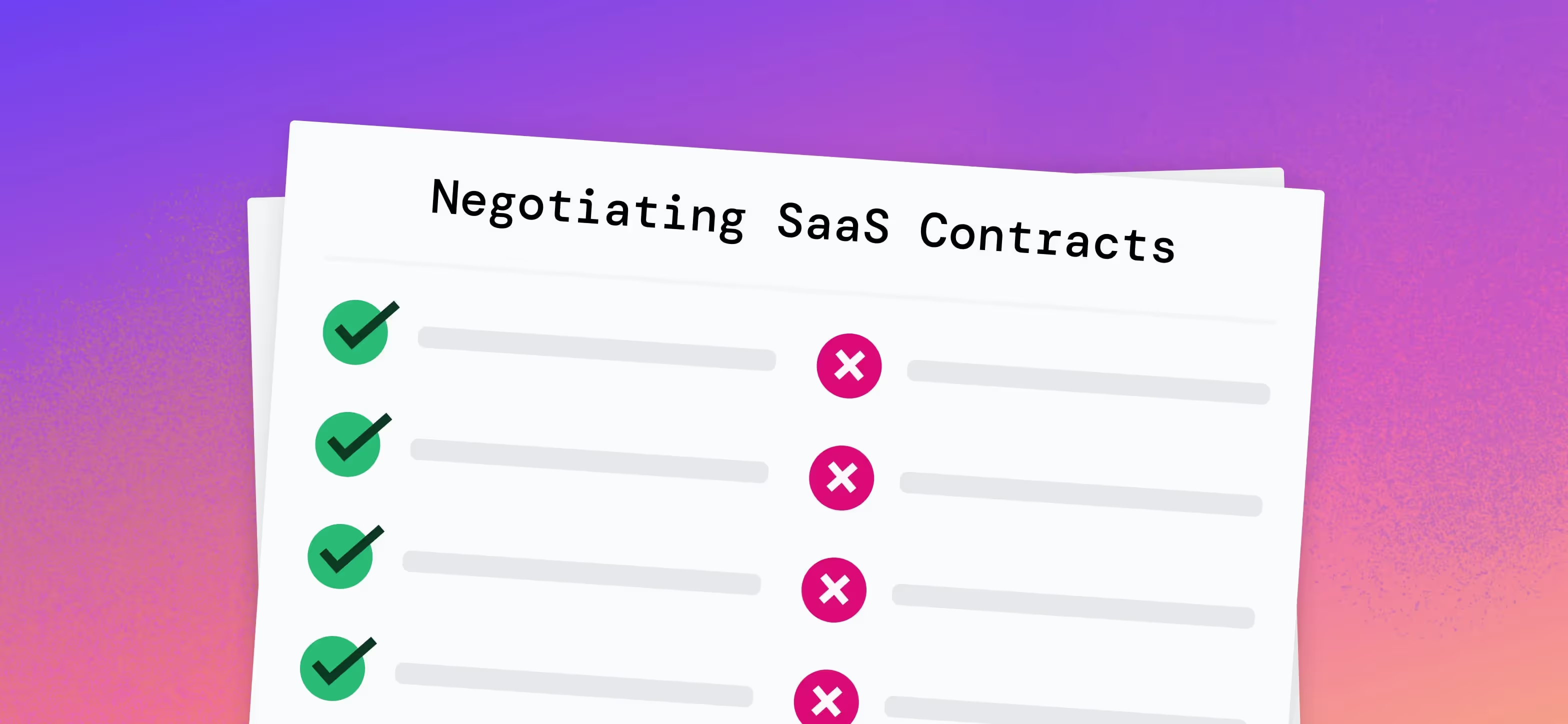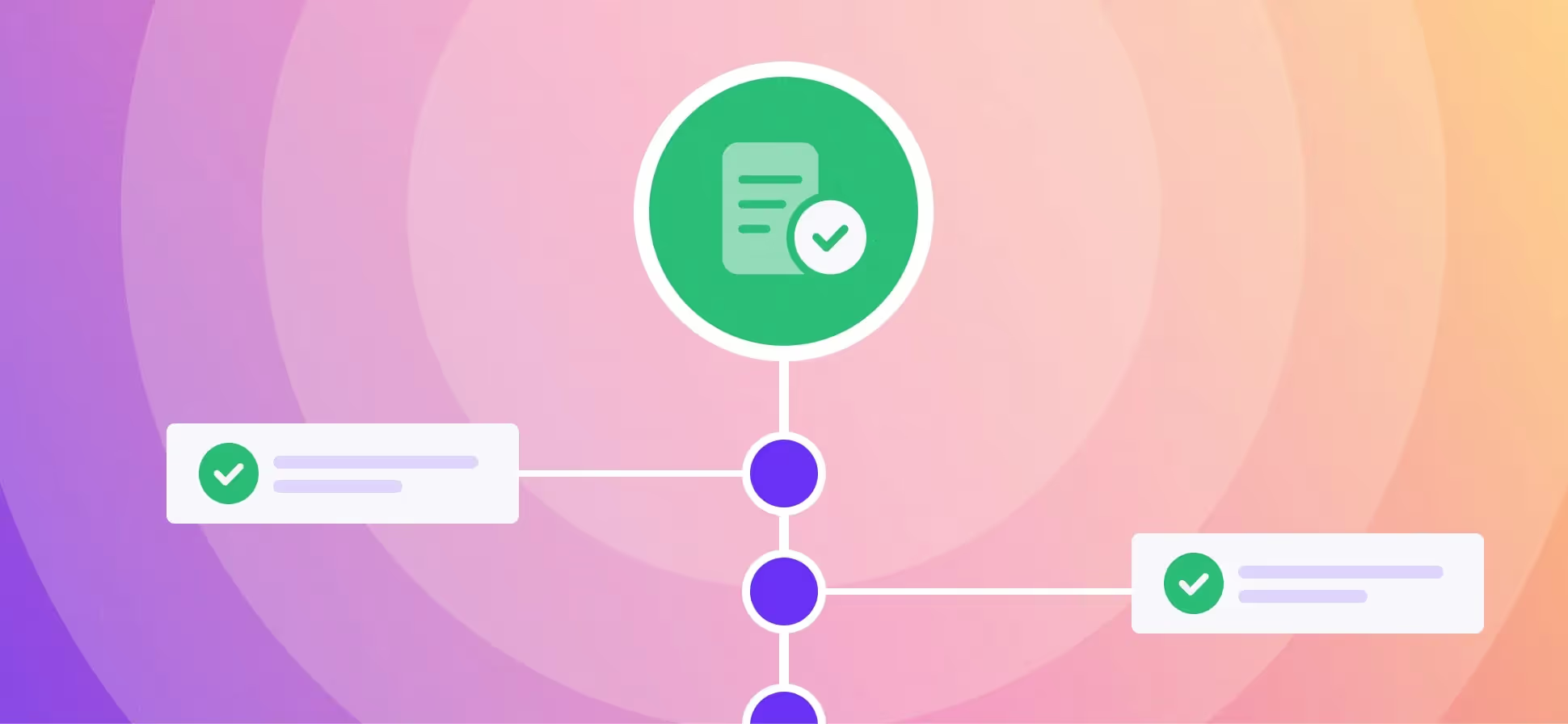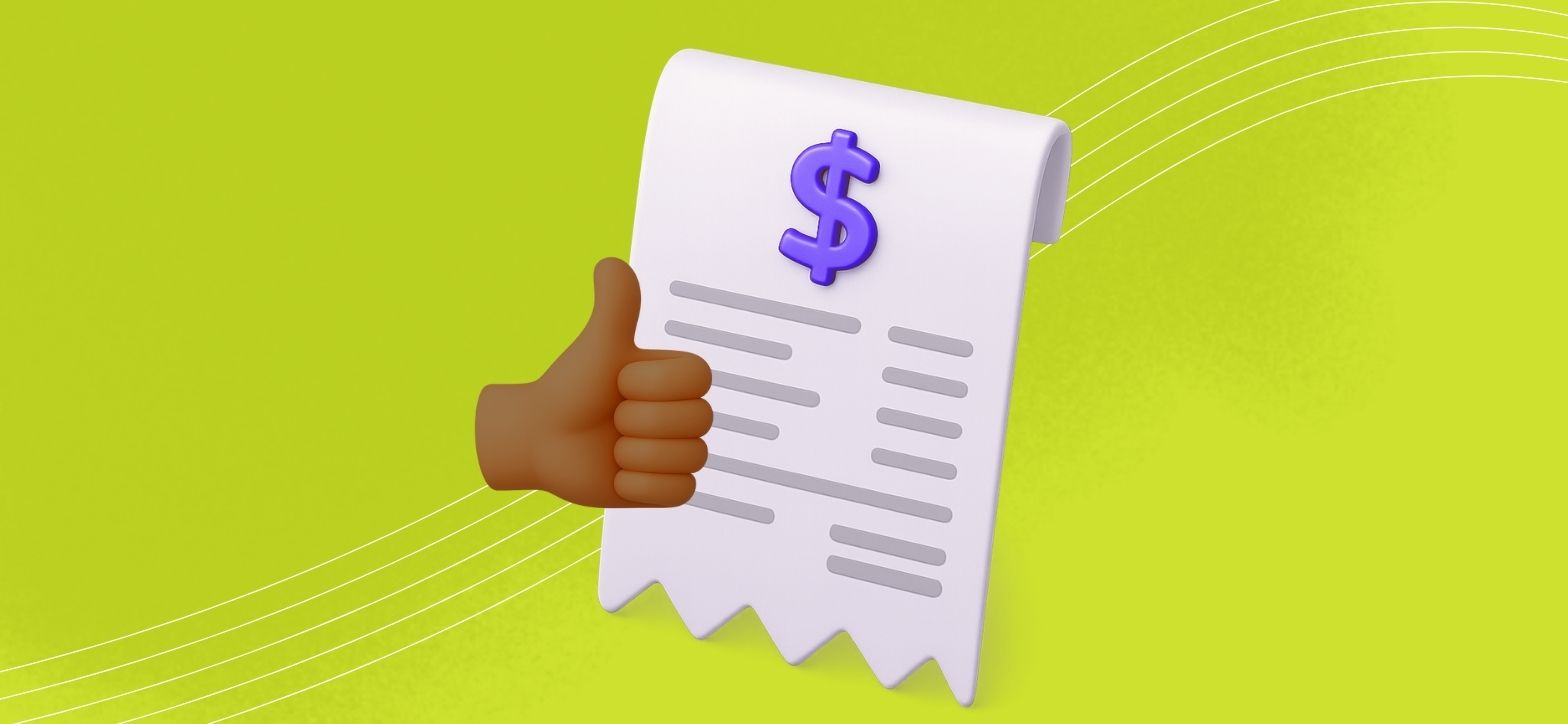Negotiating a SaaS contract is like navigating a high-stakes game of chess.
One wrong move and your chances of putting yourself in a better position on the board diminishes. Several wrong moves and you’ll find yourself in a checkmate.
It works the same way in negotiations. Consider that software contracts involve tens, sometimes hundreds, of thousands of dollars—there’s a lot on the line.
So how do you play offense instead of defense? Or ensure that you protect your king and give up only pawns?
As the old saying goes: Never ask a question unless the answer makes a difference. First, figure out whether you're negotiating a seat-based or usage-based contract, and the best practices and tactics for each. Then, you can steer a negotiation your way by asking the right set of questions.
The right key questions will help you mitigate missteps and give you the best chance to drive a favorable outcome on your next software contract.
We enlisted the help of five Tropic procurement leaders and expert negotiators to provide five questions you should ask in any SaaS negotiation, plus why it’s important to do so. Here’s what they had to say:
1. Why should I renew with you instead of your competitors?

Gathering competitive bids and information is one of the strongest levers you can pull in any negotiation, especially for renewals.
Ensure your supplier rep isn’t taking the renewal for granted. In fact, sowing doubt about renewing with a supplier can absolutely work to your advantage.
During a contract term with any supplier, it’s common for their competitors in the same industry or space to reach out to you. If you can get a quote from one of them, this is your ace move when you open renewal talks with your current supplier. Just be sure to engage early enough so that the threat of leaving is legit.
Leveraging the right timeline (which varies by supplier type), having a competitive quote in hand, surfacing challenges from the prior term, and highlighting internal cost pressure can often be the perfect recipe to getting your cost lowered in the negotiation.
2. What does the usage data show?

Numbers don’t lie. It’s important to understand how any software has been utilized during the contract term when that contract comes up for renewal.
If the software is usage or data-based? Were there any trends (seasonality, big one-time projects, etc.) that drove usage? If the software is user-based, were all the seats actually utilized (does everyone still need a license)?
Many companies commit the cardinal sin of assuming that all licenses, modules, and tools are being used simply because they are being paid for. That is often not the case. There are opportunities to right-size many contracts just by asking your supplier rep to provide you an audit of your historical usage.
3. How will future growth impact our contract?

Growth is an extremely strong lever when it comes to contract negotiations. Depending on the supplier, there are a wide range of effects growth could have on your contract.
For new purchases and renewals alike, it is key to negotiate growth into your contract before it occurs. This provides you with the most leverage in negotiating better rates as you scale and doesn’t always require you to commit to the growth upfront or throughout the term.
Building growth tiers with increasing discounts into an agreement is an incentive for both parties. Sales reps are typically encouraged and incentivized to grow ARR over time. The simple act of dangling this carrot so to speak, adds leverage not only for growth but for the rest of the agreement itself.
.avif)
4. How is pricing impacted on a long term agreement?

Regardless of your intent to commit to a long-term agreement, probing and requesting pricing for a 2-3 year term is a critical lever to pull.
This gives you an idea of how steep a discount a supplier is willing to extend. Once the pricing and discounting is disclosed, you will be able to couple other levers (i.e. timing, marketing, etc.) in lieu of a multi-year commitment to secure the proposed pricing.
Now, suppliers prefer long-term agreements. Therefore, securing any long-term agreement is often considered a win for suppliers. But here’s how you can keep using pricing to your advantage. In the case where you are open to a 2-year term, having the 3-year proposal at your disposal can serve as helpful insight to push to have the 3-year pricing honored on a 2-year term. Highlighting your inability to commit to a 3-year term due to environmental factors (i.e. economic climate, leadership shifts, etc.) and budget constraints (i.e. 3-year pricing needing to fit within anticipated budget) makes you well positioned to secure lower rates on a shorter term.
Here’s the caveat: Before asking this question to your supplier rep, it’s important to make sure you’re asking the right internal questions to fully understand what you can do with the rep’s information.
- What usage and overage fees do I need to consider? Could I get said fees waived at the time of renewal negotiations?
- What uplifts may I be mitigating by committing to a long term agreement?
- What does the future of the company look like? In a trying economic environment, committing to a long term agreement can seem appetizing to secure additional savings upfront, but can leave stakeholders stuck in an agreement with no flexibility to change volumes.
5. Why do you want to sell to us?

Many companies forget to spend time selling their own company to a supplier. But helping suppliers understand the value you can bring to them is an underutilized and underrated lever to pull in negotiations.
For example, how does selling a service to you reflect what the company values? Few suppliers will say “for the money”. Instead, they may say they’re interested in selling to your company for the following reasons:
- Because you are growing…
- Because your logo is valuable…
- Because you’re in an industry where we want more customers…
Whatever the response, it gives you the opportunity to double down on the value you bring to them and your importance as a potential customer. Soliciting this information from the supplier helps you gain understanding that can help you sell back to them. Convince the supplier that your company is one they want to sell to, and legitimize your business by sending news articles or other links.
The result? You’ll move up in rank and be treated like a queen on the chessboard, namely because the salesperson wants you to feel special. This can translate into higher discounts, special terms, and stronger service.
Negotiations are always tricky, but these 5 questions will help you navigate them easier. If your team wants to supercharge SaaS negotiations even further, learn more about Expert Advisory to gain access to pricing benchmarks, supplier playbooks, or even 1-1 negotiation coaching.
Related blogs
Discover why hundreds of companies choose Tropic to gain visibility and control of their spend.








